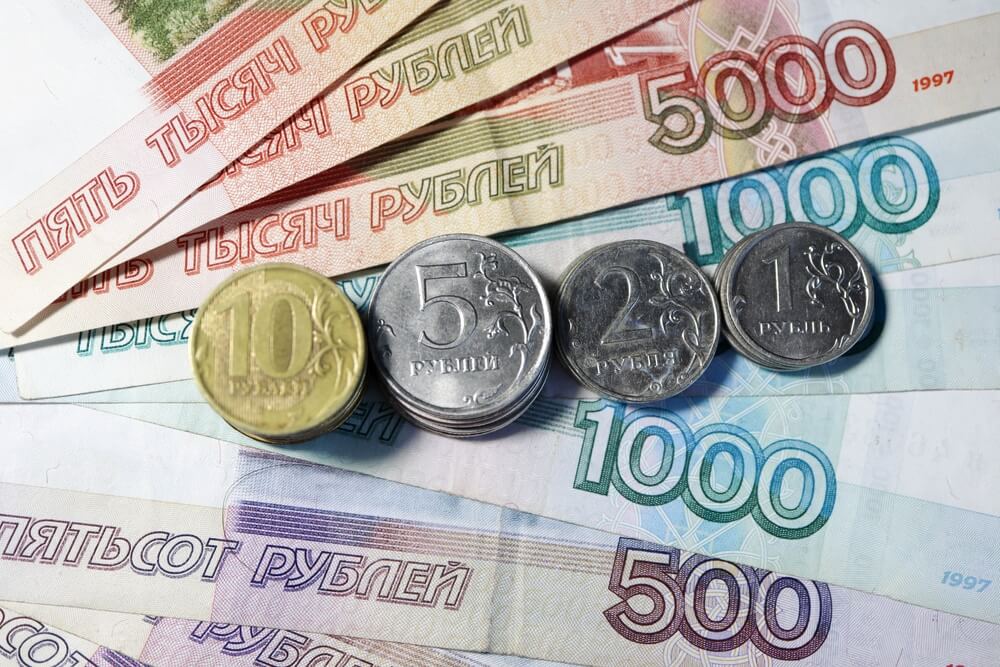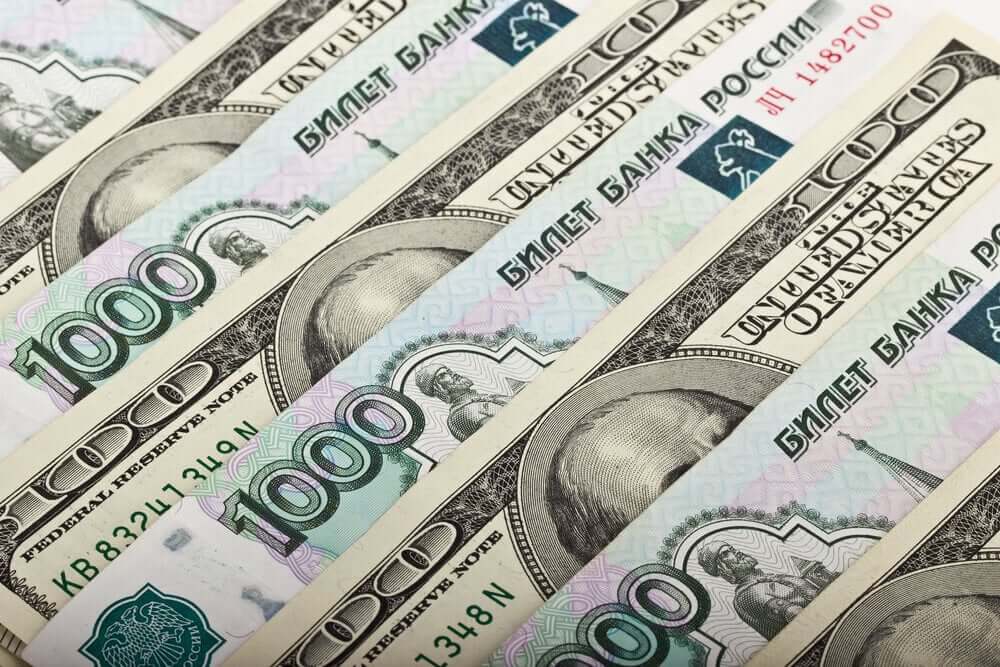
Russian Ruble News Today: Challenges and Implications
In the realm of currency exchange rates, today’s Russian ruble news has grabbed attention once more. The ruble’s recent depreciation to a seven-week low against the dollar has stirred financial markets and ignited conversations about possible government actions. We will explore the drivers behind this downturn, its repercussions on currencies such as the euro and yuan, and the wider implications for Russia’s economy.
Ruble to Dollar and Pound Struggles
The Russian ruble faced a challenging day, with a 0.6% drop against the dollar, pushing it below the psychological threshold 101. Meanwhile, ruble to pound stood at 122.96 (1000 rubles in pound standing at £8.13). This decline marks its weakest performance since August 14. Several factors have played a role in this setback, including lower oil prices and reduced foreign currency supply from exporters at the start of the month.
Oil Prices and Export Impact
Oil prices have long been a crucial factor influencing the value of the Russian ruble. Russia’s heavy dependence on oil exports as a primary source of revenue means that any significant fluctuations in oil prices can directly affect its currency. Currently, Brent crude oil, a global benchmark for Russia’s main export, hovers around $84.24 a barrel, near its lowest level since late August. This downward pressure on oil prices has contributed to the ruble’s depreciation.
Furthermore, Russia’s government recently lifted a ban on pipeline diesel exports via ports, removing restrictions that had been installed in September. These restrictions had a significant impact on global fuel prices, leading to increased demand for alternative sources of gasoline and diesel. While the removal of the ban may ease some economic pressures, it also highlights the challenges that Russia faces in balancing its trade.

Ruble in Comparison to Other Currencies
The ruble’s rate weakening is not limited to its performance against the dollar. It has also experienced a 0.7% decline against the euro and a 0.6% drop against the yuan. This broad depreciation reflects concerns about Russia’s economic stability and the potential need for intervention from the central bank, similar to the emergency rate hike in August that saw rates rise to 12%.
The Russian government, however, remains steadfast in its stance. President Vladimir Putin acknowledges the ruble’s struggles. Still, he praises the resilience of the Russian economy in the face of Western sanctions resulting from Russia’s invasion of Ukraine. Accelerating inflation, which reached 5.94% on October 2, has added to the economic challenges. The central bank is expected to address this issue by raising rates from their current level of 13% at its upcoming meeting later this month.
The Ruble Rate’s Predicament
Delayed action by Russian authorities and the country’s trade imbalance have exacerbated the ruble’s current weakness. Exports have shrunk this year, while imports have experienced a sharp recovery, putting further pressure on the currency. Analysts from Promsvyazbank highlight these issues in their analysis.
Exploring Recent Challenges in Russia’s Currency Exchange Rates
In the stormy world of currency exchange rates, the recent travails of the Russian ruble symbol have once again grabbed the attention of financial markets and sparked discussions about potential government interventions. This article has thoroughly explored the factors that have led to the ruble’s decline, its repercussions on other major currencies, and the wider implications for Russia’s economy.
As Russian authorities contemplate potential interventions, including interest rate hikes, the eyes of investors and policymakers worldwide remain fixed on the evolving situation. The broader impact on international markets and currencies, such as the euro and yuan, continues to be a matter of keen observation and analysis in the global financial landscape.




